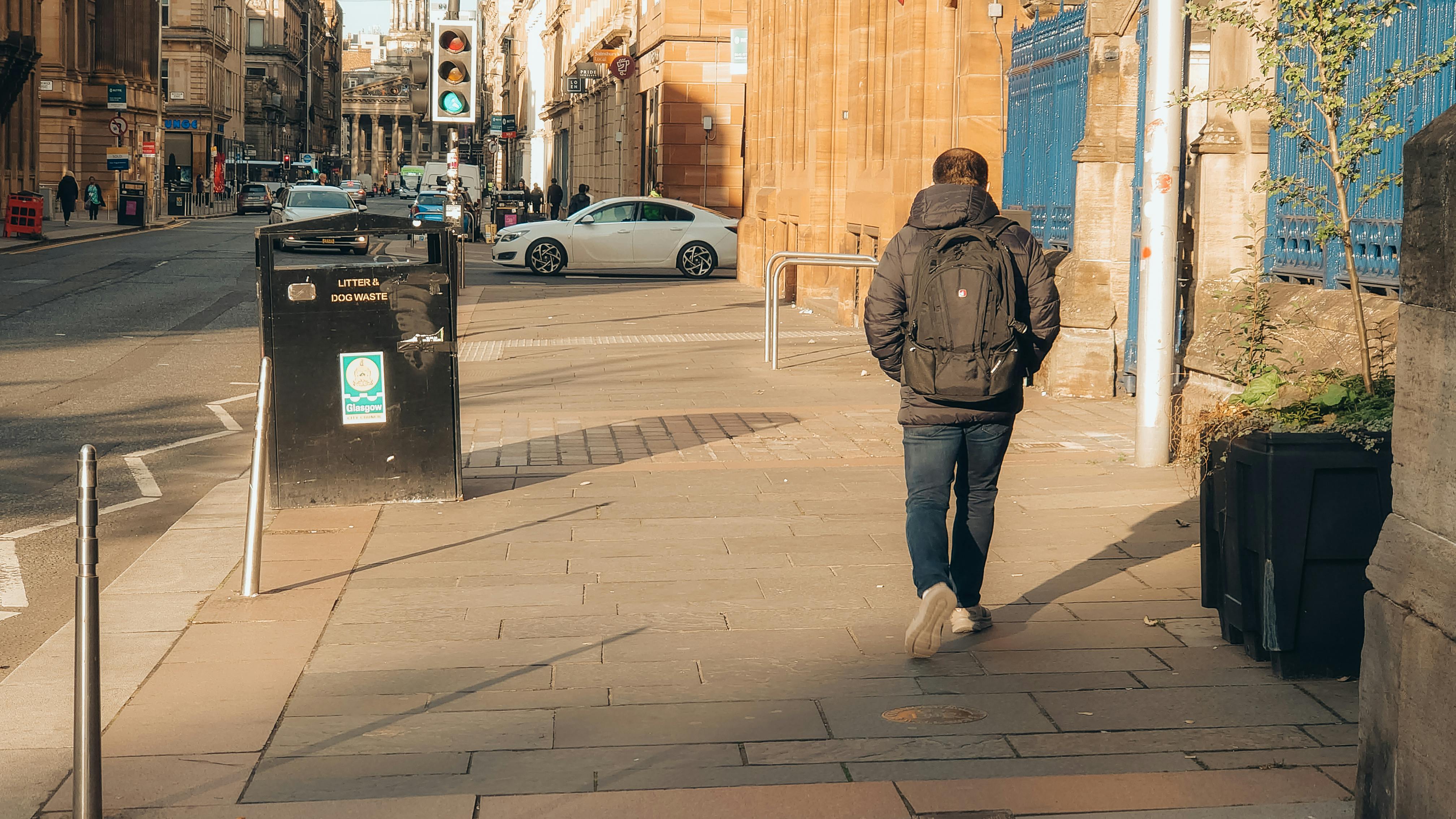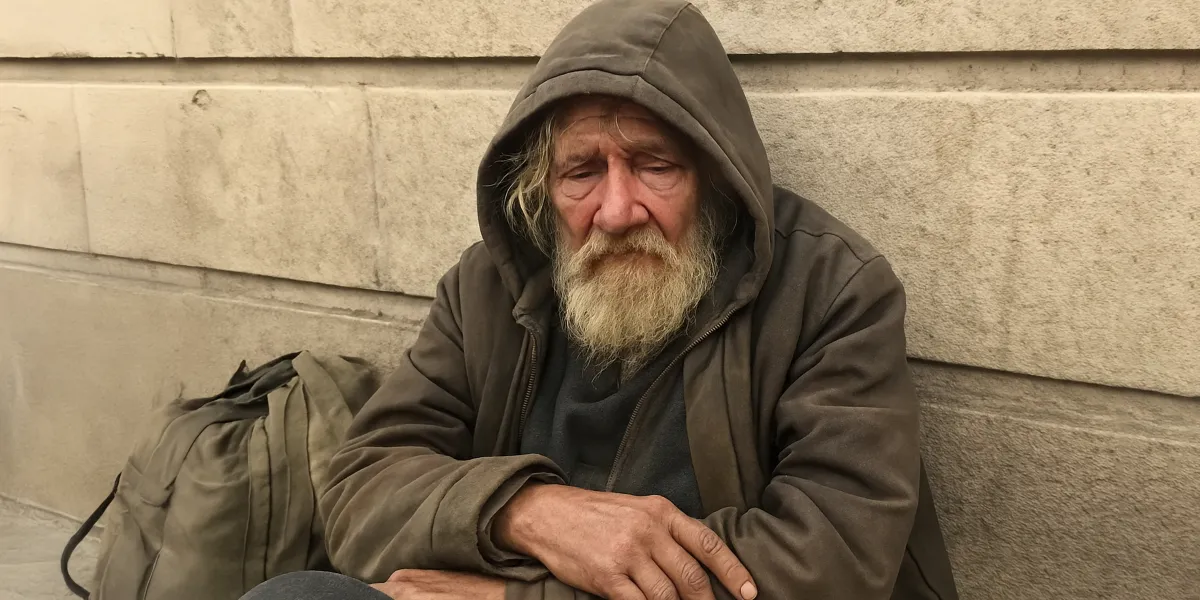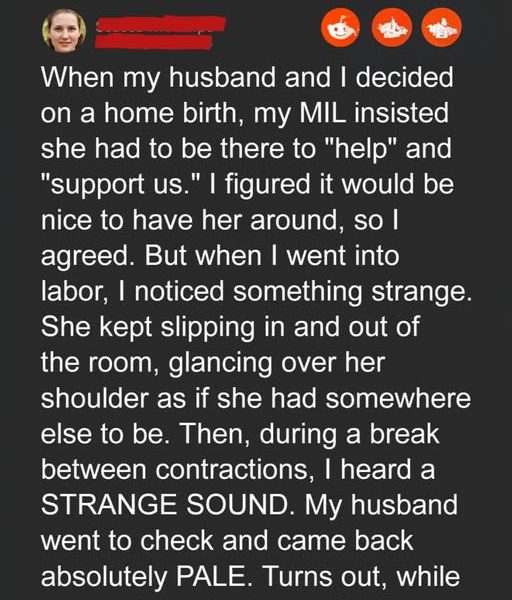When my son cruelly mocked a homeless man, I couldn’t let it slide. I decided he’d swap lives with the man he insulted for seven days—a tough lesson to teach him respect. What unfolded was unforgettable and changed us all.
Since my husband died, life’s been a grind. I work all day, then come home to chores, all to support my 30-year-old son, Eidan, who’s been jobless for two years. “I can’t work right now, Mom,” he’d say, dodging my pleas to help out. “Bills don’t wait for peace,” I’d reply, but he’d shrug me off. I couldn’t bring myself to kick him out—he’s my son—but I was worn out from carrying everything alone.

One evening, we passed a homeless man on our walk, his face tired, holding an empty cup. He softly asked Eidan for water. Eidan sneered, “What, want a soda too? Get out of here.” The man looked down, ashamed, and I was furious. “Apologize!” I told Eidan. He laughed, calling the man a “nobody” and walking away. My eyes filled with tears as I watched the man sit silently. Eidan’s words cut deep, and I knew I had to act.
That night, Eidan’s messy room—clothes strewn everywhere—pushed me over the edge. “Clean this!” I said. He ignored me, glued to his phone. I’d had enough. I went out to find the homeless man, determined to teach Eidan a lesson he wouldn’t forget.
The next morning, Eidan walked into the kitchen and stopped dead. The man from last night was at our table, eating toast. “Mom, what’s this?” he asked, stunned. “This is Stephen,” I said. “You owe him an apology.” Stephen gave a small smile, but Eidan exploded. “I’m not apologizing to him!” I didn’t budge. “Stephen’s staying here. We’re helping him find work. He’s lost his memory and has no home. If you don’t like it, there’s a shelter down the street.”
Eidan gaped. “You’re serious?” I nodded. “For one week, you’ll live like Stephen—work, help, no whining. Prove you can respect people, or you’re out.” Stephen added quietly, “Life teaches you to value everyone, kid.” Eidan stormed off, cursing. My heart ached, but I couldn’t back down.
Eidan left the next day, and I kept busy with Stephen, who helped me garden, skillfully tending my roses. “You’re good at this,” I said. He nodded, explaining he’d woken up on the streets a year ago, his past erased. The police couldn’t help without ID, and odd jobs were all he could find. I wondered if I’d pushed Eidan too far, but Stephen reassured me. “He’s stubborn, but he’ll figure it out.”
That evening, as we enjoyed a barbecue, my mother-in-law, Amalia, arrived, livid. “You kicked Eidan out?” she yelled. Then she saw Stephen and gasped. “Stephen?” He recognized her too, and they shared a laugh about old times, hinting at his rough past. I grabbed my laptop, found his daughter’s contact, and handed him the phone. Tears fell as he spoke to her, learning his family was waiting. Amalia scolded me again, but Stephen defended me. “Eidan needs to grow up, Amalia.” She teased him about moving in to “handle” Eidan, but he said he’d visit his daughter first, promising to return.
We sat together, eating and listening to the breeze, feeling a spark of hope. This crazy week was just the beginning, but I felt it would lead to healing. What do you think of my decision? Would you have taken the same risk?


